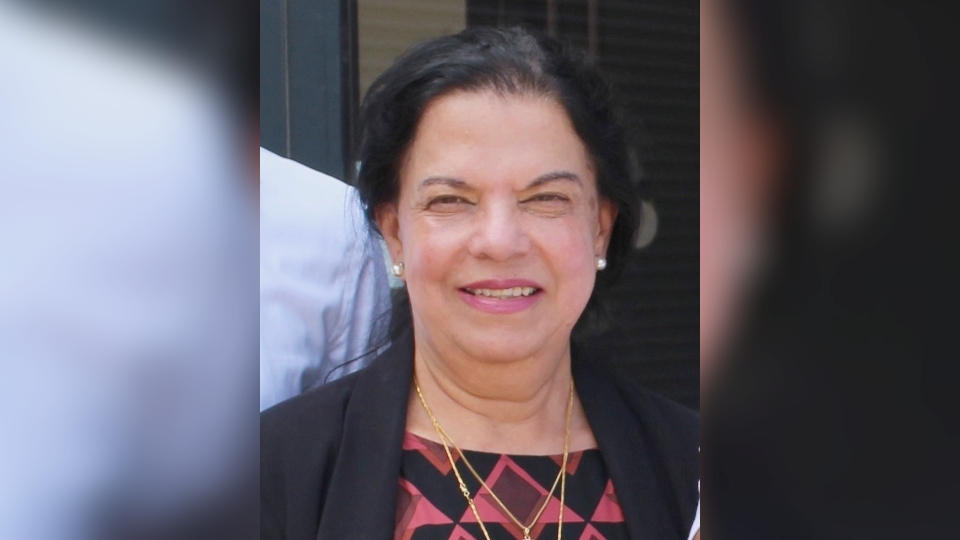Oldham doctor issues women's health warning to mark Diabetes Week
Date published: 13 June 2023

Dr Anita Sharma
Research from Atlanta Georgia could have massive implications for women from BAME communities - in Oldham.
The Centers for Disease Control and Prevention (CDC) claims that women with diabetes are four times more likely to suffer a heart attack than others in society.
For men with the condition, that figure is half that.
The CDC also believes that diabetic women are at greater risk of:
• Blindness
• Kidney disease
• Suffering a miscarriage and,
• Becoming clinically depressed
Women from BAME communities also have the double whammy of being more genetically prone to diabetes.
Though for Oldham women’s health campaigner Dr Anita Sharma, it is living in disadvantaged neighbourhoods with poorer access to healthcare, that is really causing the discrepancy.
Speaking at the start of Diabetes Week, the author and GP said: “It’s really interesting that the US research shows that females from Hispanic, Latina and Native American communities are more likely to have diabetes than white women.
"These are the people living with most disadvantage.
"In the UK, it is Black and Asian people.
"That proves all the noise around culture and genetic make-up is as nothing compared to the impact of poorer healthcare.
"It is also a fact that women’s health is a poor second best to men’s.
"What a cocktail of problems that is.”
Type two diabetes causes the level of sugar in the blood to become too high.
It manifests itself in higher levels of lethargy, cuts and wounds taking longer to heal and blurred vision.
It can lead to heart disease and stroke, nerve damage and greater propensity to infection.
Dr Sharma’s recommendations for all patients, and women in particular, are:
• Recognise the signs of possible diabetes, which include visiting the toilet more often
• Get an appointment with your GP ASAP, and get a diagnosis
• Look at what you eat and how much exercise you take
• Ask about an education plan and/or support group
• Make sure you have regular check-ups
But she also wants the rest of society – including decision-makers – to help level-up healthcare and ensure that nobody receives second rate support because of their background and/or gender.
“Research has shown that the UK has the largest female health gap amongst the G20 countries and the 12th greatest globally,” added Dr Sharma.
“Women make fewer visits to the GP, are less likely to be given painkillers and the advent of COVID has meant screening programmes for issues such as breast cancer have fallen behind.
"One thing I have noticed day-to-day is a tremendous amount of guilt around type two diabetes.
"Certainly, it is related to obesity, but women not only feel a sense of shame around having it, they also worry that they have harmed their children’s health.”
Dr Sharma concluded: “We need a root and branch review of our healthcare system to make sure we all receive the same quality treatment, from health education to mental health care.
"Diabetes is just the tip of an extremely dangerous iceberg that is putting women from BAME groups in particular, at mortal peril.”
Learn more about diabetes, its symptoms and treatments, by clicking here
Do you have a story for us? Want to tell us about something going on in and around Oldham? Let us know by emailing news@oldham-chronicle.co.uk , calling our Oldham-based newsroom on 0161 633 2121 , tweeting us @oldhamchronicle or messaging us through our Facebook page. All contact will be treated in confidence.




